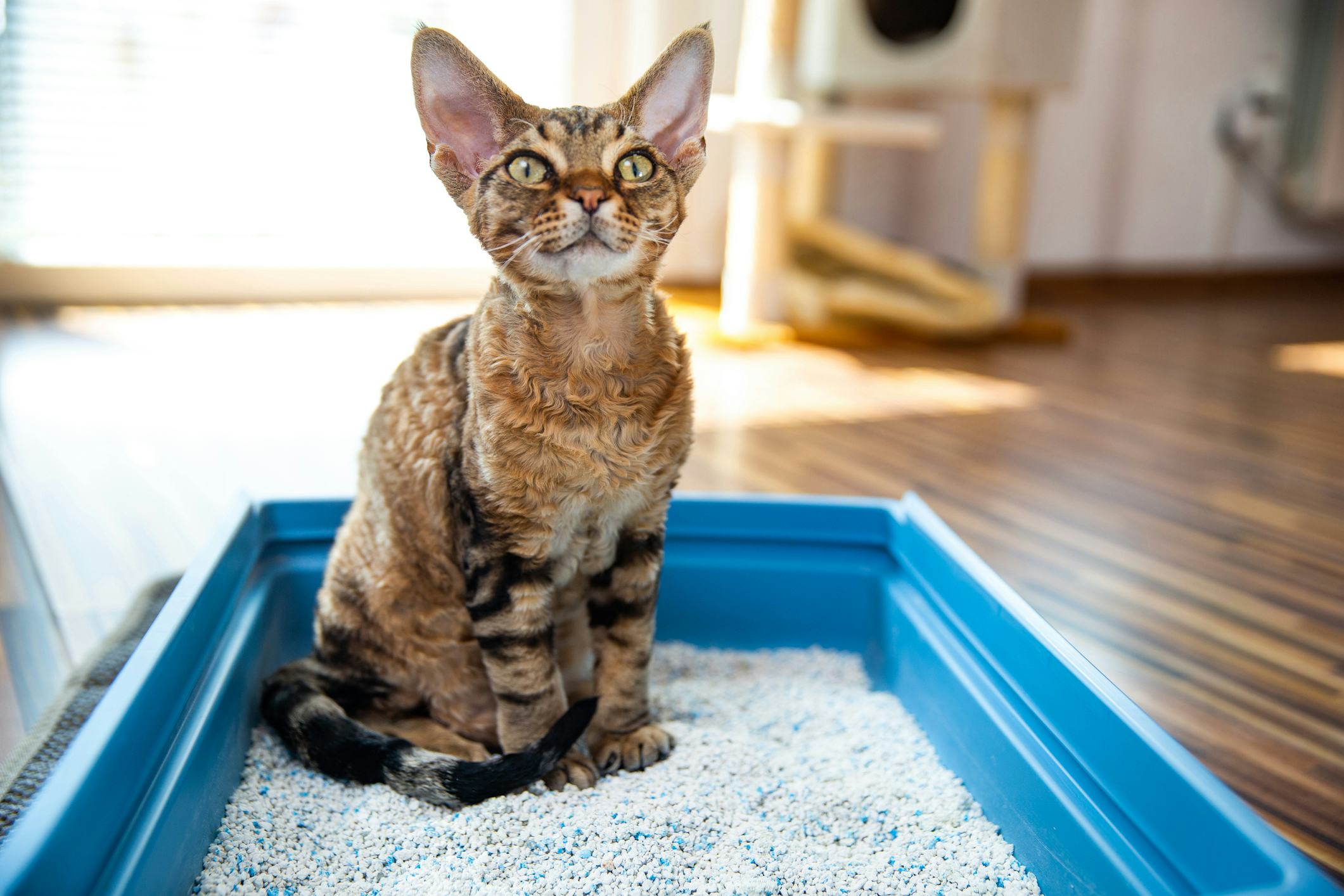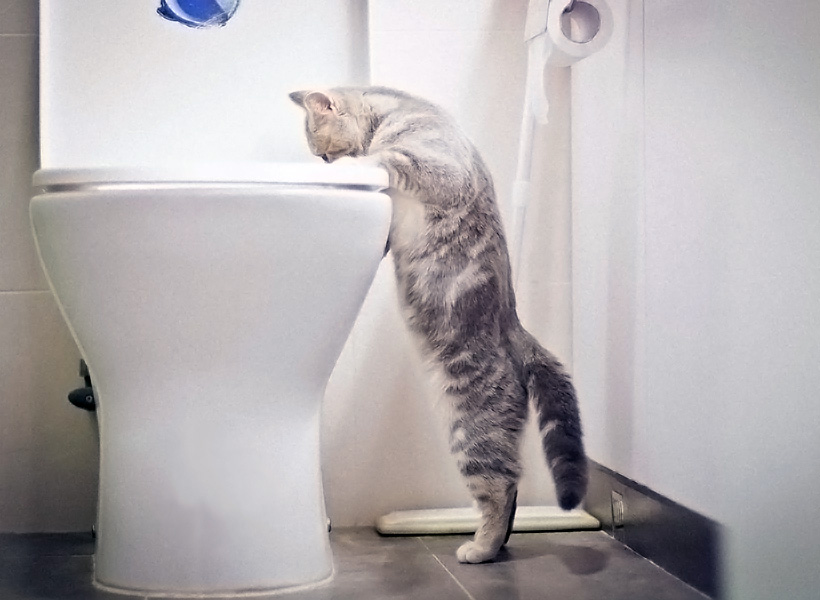Prevent Plumbing Problems: Don't Flush Cat Poop Down Your Toilet - Expert Guidance
Prevent Plumbing Problems: Don't Flush Cat Poop Down Your Toilet - Expert Guidance
Blog Article
The publisher is making a few good points relating to Can You Flush Cat Poop Down The Toilet? as a whole in the content following next.

Introduction
As cat proprietors, it's vital to bear in mind exactly how we take care of our feline close friends' waste. While it might appear practical to flush cat poop down the bathroom, this practice can have detrimental effects for both the setting and human health and wellness.
Alternatives to Flushing
Luckily, there are much safer and extra liable methods to deal with cat poop. Take into consideration the following options:
1. Scoop and Dispose in Trash
The most usual method of dealing with feline poop is to scoop it right into a naturally degradable bag and throw it in the garbage. Be sure to make use of a specialized litter inside story and throw away the waste immediately.
2. Use Biodegradable Litter
Go with eco-friendly feline clutter made from materials such as corn or wheat. These trashes are environmentally friendly and can be safely gotten rid of in the trash.
3. Hide in the Yard
If you have a lawn, consider burying pet cat waste in a marked area away from veggie gardens and water resources. Make sure to dig deep sufficient to prevent contamination of groundwater.
4. Install a Pet Waste Disposal System
Invest in a family pet waste disposal system especially made for feline waste. These systems make use of enzymes to break down the waste, reducing smell and ecological impact.
Wellness Risks
Along with environmental problems, flushing feline waste can likewise pose health risks to people. Cat feces might consist of Toxoplasma gondii, a bloodsucker that can create toxoplasmosis-- a potentially extreme ailment, especially for pregnant ladies and people with weakened body immune systems.
Ecological Impact
Flushing pet cat poop introduces harmful virus and bloodsuckers into the water, positioning a substantial threat to marine ecosystems. These contaminants can negatively influence aquatic life and concession water high quality.
Verdict
Liable pet possession prolongs beyond offering food and sanctuary-- it likewise entails appropriate waste management. By refraining from purging feline poop down the commode and choosing alternate disposal techniques, we can decrease our environmental footprint and protect human wellness.
Why Can’t I Flush Cat Poop?
It Spreads a Parasite
Cats are frequently infected with a parasite called toxoplasma gondii. The parasite causes an infection called toxoplasmosis. It is usually harmless to cats. The parasite only uses cat poop as a host for its eggs. Otherwise, the cat’s immune system usually keeps the infection at low enough levels to maintain its own health. But it does not stop the develop of eggs. These eggs are tiny and surprisingly tough. They may survive for a year before they begin to grow. But that’s the problem.
Our wastewater system is not designed to deal with toxoplasmosis eggs. Instead, most eggs will flush from your toilet into sewers and wastewater management plants. After the sewage is treated for many other harmful things in it, it is typically released into local rivers, lakes, or oceans. Here, the toxoplasmosis eggs can find new hosts, including starfish, crabs, otters, and many other wildlife. For many, this is a significant risk to their health. Toxoplasmosis can also end up infecting water sources that are important for agriculture, which means our deer, pigs, and sheep can get infected too.
Is There Risk to Humans?
There can be a risk to human life from flushing cat poop down the toilet. If you do so, the parasites from your cat’s poop can end up in shellfish, game animals, or livestock. If this meat is then served raw or undercooked, the people who eat it can get sick.
In fact, according to the CDC, 40 million people in the United States are infected with toxoplasma gondii. They get it from exposure to infected seafood, or from some kind of cat poop contamination, like drinking from a stream that is contaminated or touching anything that has come into contact with cat poop. That includes just cleaning a cat litter box.
Most people who get infected with these parasites will not develop any symptoms. However, for pregnant women or for those with compromised immune systems, the parasite can cause severe health problems.
How to Handle Cat Poop
The best way to handle cat poop is actually to clean the box more often. The eggs that the parasite sheds will not become active until one to five days after the cat poops. That means that if you clean daily, you’re much less likely to come into direct contact with infectious eggs.
That said, always dispose of cat poop in the garbage and not down the toilet. Wash your hands before and after you clean the litter box, and bring the bag of poop right outside to your garbage bins.
https://trenchlesssolutionsusa.com/why-cant-i-flush-cat-poop/

I recently found that piece of writing about How to Dispose of Cat Poop and Litter Without Plastic Bags while doing a search on the web. Enjoyed reading our blog entry? Please share it. Help other people discover it. I am grateful for your time. Don't forget to check our site back soon.
Try Here Report this page